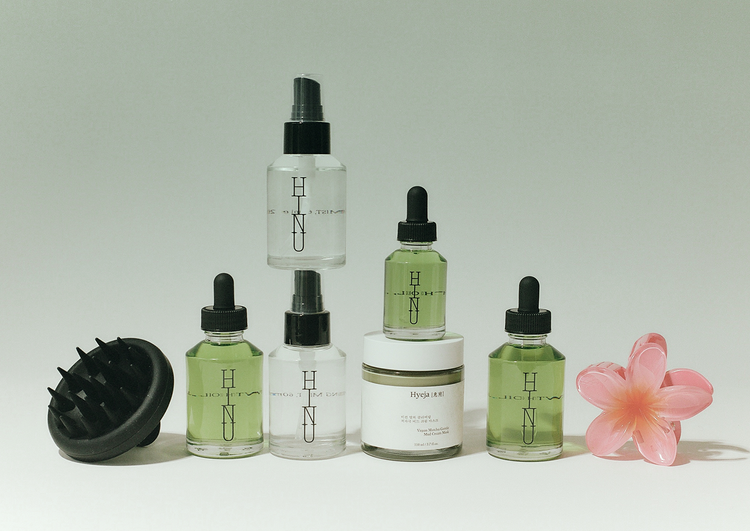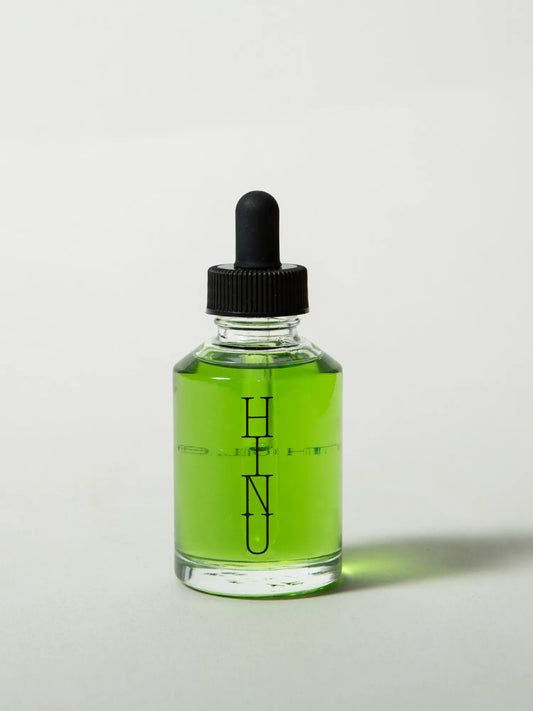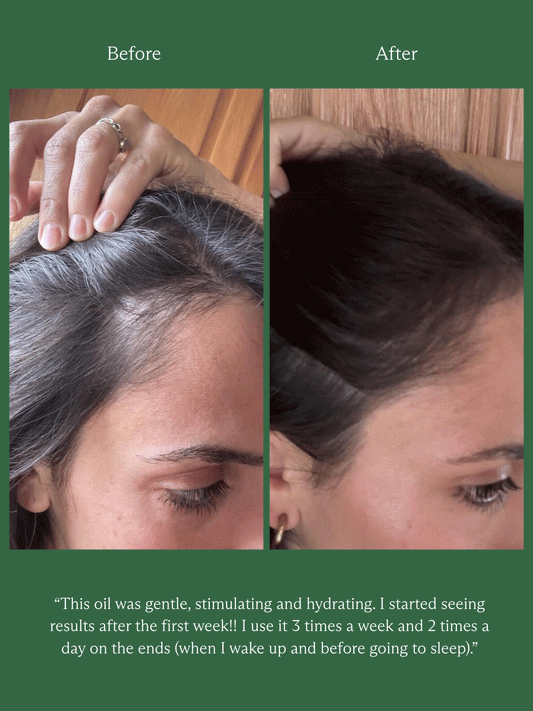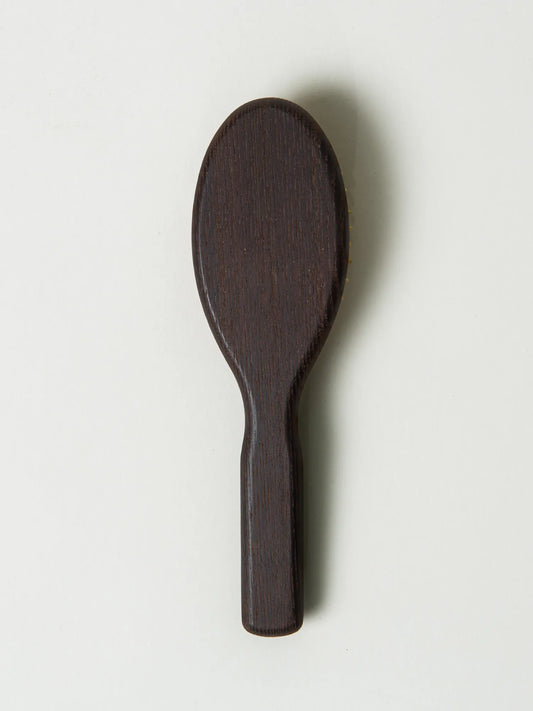
Dehydration that is too severe to handle on one's own might and could have negative health effects. Fortunately, there are a number of signs subtly suggest that you may be dehydrated before you reach the extremes of severe dehydration.
1. Tiredness
Dehydration can contribute to intense fatigue, which could be due to multiple causes. According to studies, dehydration can cause low blood pressure, which can result in exhaustion, lethargy, and sluggishness.
2. Headaches
Dehydration, even in the mildest form, can cause headaches. Drinking water may help raise blood pressure and reduce symptoms because headache discomfort and low blood pressure caused by water loss may be related. Dehydration can also cause the brain to briefly shrink as a result of fluid loss, which can lead to the brain pulling away from the skull. A case of severe dehydration is followed with headache.
3. Downbeat Mood
It only takes a little dehydration to alter one's mood and make one feel tense, worried, or melancholic. Adults who were dehydrated stated that their mood was poorer and that tasks seemed more challenging, than usual.
4. Flushed Skin
Flushed skin is one of the initial symptoms of dehydration. This tells the body that it needs more water. A foolproof way to determine your level of dehydration is to squeeze or fold your skin between the pads of two fingers. It is typically an indication of extreme dehydration if the skin appears to clump together beneath the surface.
4. Muscle Pain
The most typical cause of muscular cramps is dehydration (i.e., an involuntary contraction of a muscle). Your muscles can relax, thanks to the fluids in your body, but when you're dehydrated, your muscles are more likely to cramp and induce pain.
6. Thirst
This is most obvious sign of dehydration. Usually, people mistake this feeling to be hunger and eat rather than nourish with some good old water.
7. Colour of the Urine
You can determine whether you're drinking enough by looking at the colour of your urine. If your pee is quite light in colour, you can typically tell that your levels of hydration are healthy. Additionally, you might urinate less frequently than usual when dehydrated.
8. Body Weakness
You can feel faint or lightheaded if you're dehydrated. Your body struggles to retain moisture when you don't drink enough water, which lowers your blood volume and blood pressure and makes you feel dizzy or faint, especially when you stand up quickly after sitting or lying down.
9. Poor Breath
Your mouth and tongue may start to feel dry or sticky if you don't drink enough water. Because saliva production requires a lot of water from the body, dehydration reduces saliva production. Additionally, this will encourage the growth of germs in your mouth, which could result in bad breath.
10. Increased Heart Rate
Your heart is strained as a result of dehydration. When you are dehydrated, your body's blood flow diminishes, which forces your heart to work harder to get the blood where it needs to go. This raises your heart rate, which can also make you feel palpitations.
11. Reduced Brain Activity
Since the brain is more than 70% water, cognitive issues like diminished alertness, focus, and memory could result from our brain cells' inability to operate properly when water levels are too low. According to studies, the brain works harder than usual to finish tasks when dehydrated because dehydration causes greater neural activation when undertaking cognitively demanding tasks.















